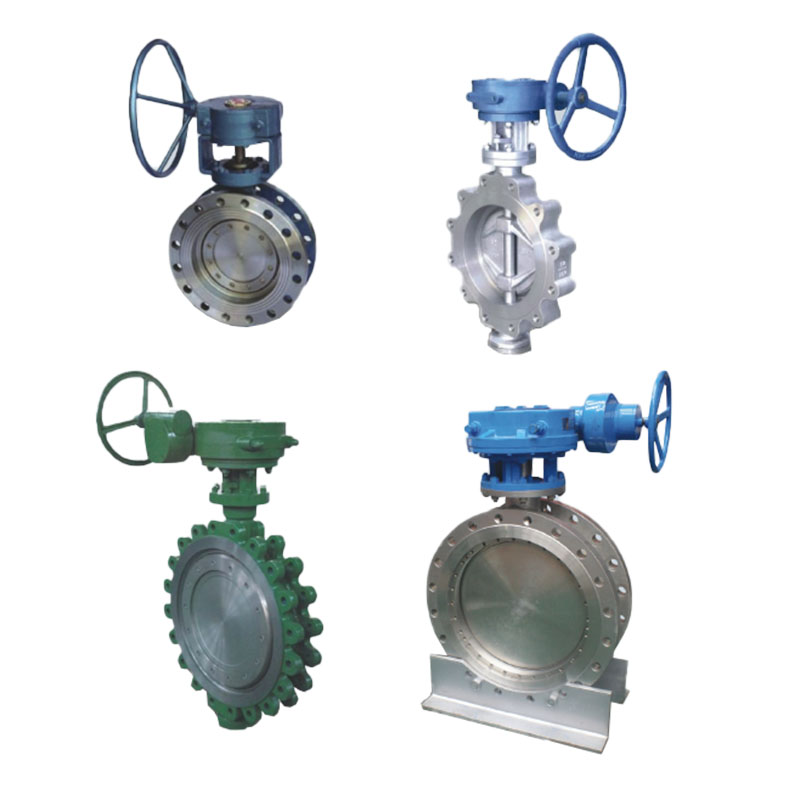Zhejiang Shunlin Valve Co., Ltd. is China Flange Valve Manufacturers, we are design and manufactures API standard valves (globe valves, gate valves, check valves, ball valves).
Forged steel valves: a reliable choice for wide temperature range applications
In complex industrial environments, valves are key components for fluid control, and the stability and adaptability of their performance are crucial. Forged steel valves, with their excellent material properties and exquisite process technology, have become the first choice for many industries under medium to high temperature conditions. This article will explore in depth the wide temperature range applicable to forged steel valves and how material selection affects their performance.
Temperature adaptability of forged steel valves
The reason why forged steel valves can work stably under various temperature conditions is due to the excellent performance of their materials. Whether it is carbon steel or stainless steel, these materials are carefully selected and specially treated to meet the needs of different working conditions. Generally speaking, forged steel valves can cover a wide temperature range from medium to high temperature, which makes them widely used in industries such as petroleum, chemical, power, and metallurgy.
Temperature range of carbon steel forged steel valves
For forged steel valves made of carbon steel, their operating temperature range is relatively wide and practical. From the low temperature of -29°C in the cold northern winter to the high temperature environment of up to 425°C, carbon steel forged steel valves can show good stability and durability. This feature enables it to easily cope with various temperature changes when handling ordinary fluid media, ensuring the safe and stable operation of the system.
Temperature advantages of stainless steel forged steel valves
In contrast, stainless steel forged steel valves have more advantages in temperature adaptability. Stainless steel is known for its excellent corrosion resistance and high temperature stability, which enables stainless steel forged steel valves to work under more severe working conditions. Its operating temperature range can be further extended to -29°C to 500°C or even higher, meeting the use requirements under high temperature, high pressure and corrosive media. In industries such as chemical and oil refining, stainless steel forged steel valves are highly favored for their excellent performance.
Material selection and performance optimization
The reason why the temperature range applicable to forged steel valves is wide and the specific range is significantly affected by the selected materials lies in the selection and treatment of materials. Forged steel valves of different materials have differences in chemical composition, organizational structure and heat treatment process, and these differences directly determine the performance of the valve. Therefore, when selecting forged steel valves, it is necessary to comprehensively consider factors such as the nature of the medium, temperature range, pressure level, etc. according to the actual working conditions to select the most suitable material and model.
Forged steel valves play an irreplaceable role in the industrial field with their wide temperature application range and excellent performance characteristics. Whether it is carbon steel or stainless steel forged steel valves, they can show stable performance and reliable quality under different temperature conditions. With the continuous advancement and development of industrial technology, the application field of forged steel valves will continue to expand, providing more efficient, safe and reliable solutions for fluid control in various industries.

 English
English 中文简体
中文简体 русский
русский







